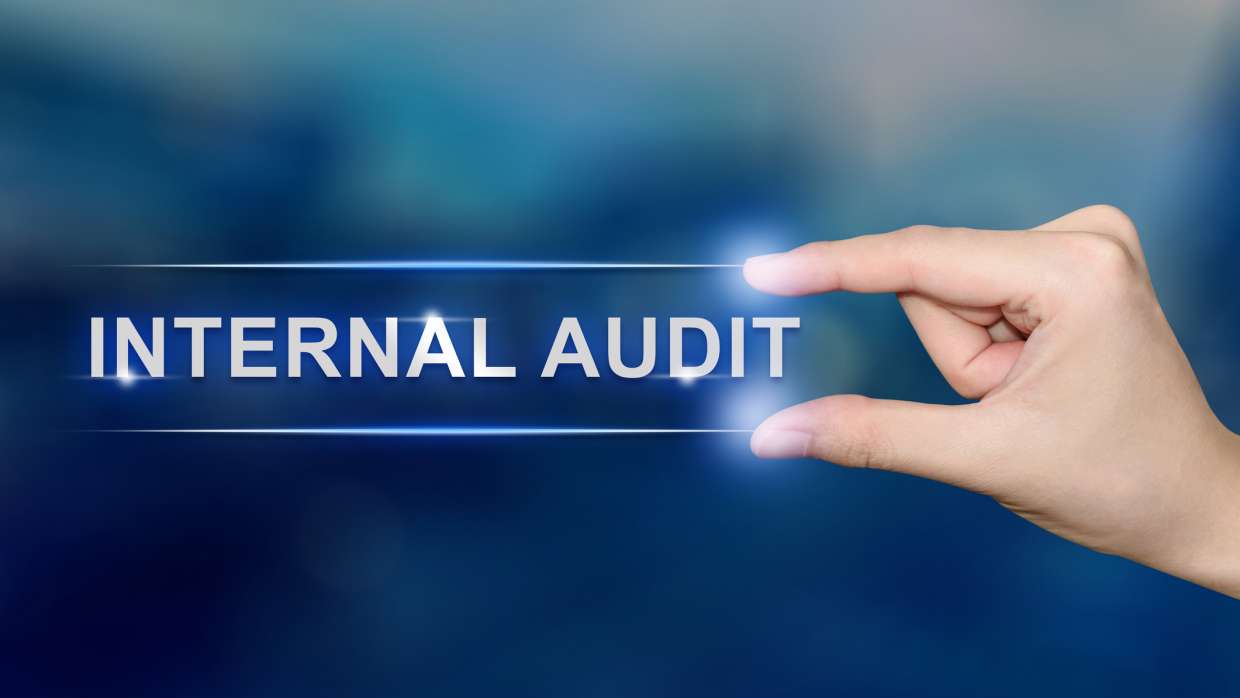Internal audit is one of the key elements of organizational governance and provides independent
assurance to the Board / Audit Committee on the functioning of the financial and operational controls put in place and operated by the management. It is equally important to note that the internal audit system is a part of the overall internal control system. In this Article we will discuss on internal audit applicability under Companies Act, 2013.
Before proceeding ahead, we may note that any Chartered Accountant or a Cost Accountant or such other professional as decided by the Board can be an internal auditor. In many Companies a seperate internal audit department is there which directly reports to Audit Committee / Board of Directors.
Definition of Internal Audit
As per SA 610(Revised), Using the Work of Internal Auditors, the term internal audit function is defined as follows:
“A function of an entity that performs assurance and consulting activities designed to evaluate and improve the effectiveness of the entity’s governance, risk management and internal control processes”.
Internal Audit Applicability to Companies
Section 138 of the Companies Act, 2013 read with rule 13 of the Companies (Accounts) Rules, 2014 mandates for internal audit for the following companies.
a) Every Listed Company
b) Every Unlisted Public Company –
i) Having paid up share capital of 50 crore or more during the preceding financial year; or
ii) Turnover of 250 crores or more during the preceding financial year; or
iii) Outstanding loans or borrowings from banks or public financial institutions exceeding 100 crore rupees or more at any point of time during the preceding financial year or
iv) Outstanding deposits* of 25 crore rupees or more at any point of time during the preceding financial year; or
c) Every private Company having;
i. Turnover of Rs. 200 crore or more during the preceding financial year; or
ii. Outstanding loans or borrowings from banks or public financial institutions exceeding 100 crore or more at any point of time during the preceding financial year; The paid up capital or turnover or outstanding loans or borrowings or debentures or deposits, will be taken into consideration as existing on the date of last audited financial statements for this purpose.
*Deposit means Deposits under Rule 2(1) (c) of the Companies (Acceptance of Deposits ) Rules, 2014 of the Companies Act, 2013
Scope of Internal Audit
The scope of internal audit has not been specifically prescribed under the Companies Act, 2013. However, Rule 13(2) of the Companies (Accounts) Rules, 2014 is relevant here which prescribes that the audit committee of directors / board of directors together with the internal auditor will formulate the scope, periodicity, functioning and methodology for conducting the internal audit of the company.
Generally internal audit function includes the following activities with regard to the entity:
(i) Evaluation of internal controls.
(ii) Examination of financial and operational information.
(iii) Review of operating activities.
(iv) Review of compliance with laws and regulations.
(v) Evaluation of risk management and governance practices.
Penalty for non-adherence of internal audit provisions
Non-compliance with the provisions relating to internal audit will attract general penalty prescribed under section 450 of the Companies Act, 2013 viz Company and every officer of the company or such other person in default shall be liable to a penalty of Rs10,000; In case of continuing contravention, an additional penalty of Rs 1,000 per day subject to a maximum of Rs 2 Lakhs in case of company and Rs 50,000 in case of officer/ any other person in default.
Responsibility of Statutory Auditor to report about Internal Audit
We have already discussed about internal audit applicability on Companies. In this regard it is important to state that as per Companies (Auditors Report) Order, 2020, the Statutory Auditor shall report on following in its audit report:
a) whether the Company has an internal Audit system in place according to the size and nature of business of the Company,
b) whether the reports of the Internal Auditors for the period under audit were considered by the Statutory Auditors.
****
Don’t miss the next Tax Update / Article / Judicial pronouncement
Subscribe to our newsletter for FREE to stay updated on GST Law
Resolve your GST queries from national level experts on GST free of co
Frah Saeed is a law graduate specializing in the core field of indirect taxes and is the Co-founder of taxwallah.com. She has authored many publications on GST and is into full-time consultancy on GST to big corporates. She as a part of taxwallah.com heads a team comprising of Chartered Accountants and Advocates and plays a key role in our mission to disseminate GST knowledge to all.




